Antennaria dimorpha. I've seen A sufructescens in SW OR, but didn't know there was a species way out here. Pretty cute. Unfortunately, hard to grow from seed, I imagine, if it's anything like its cousin.
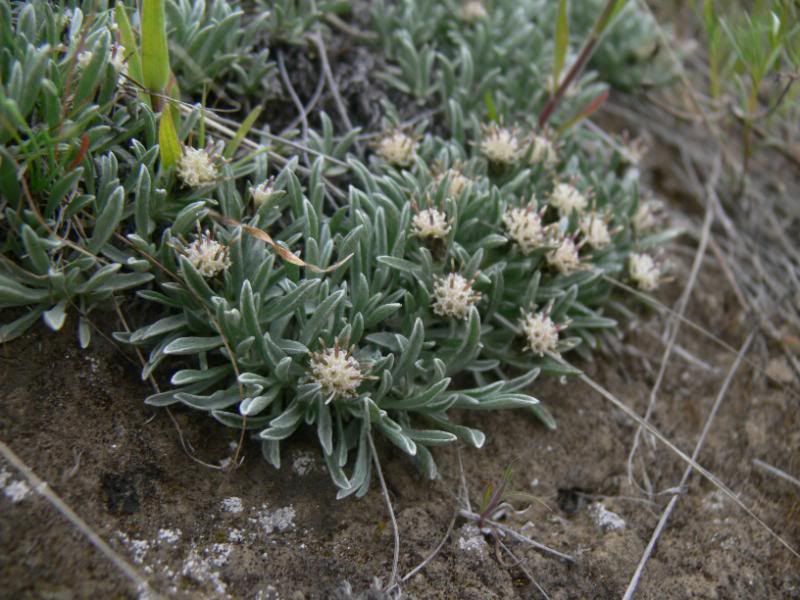
The Balsamroot were open.
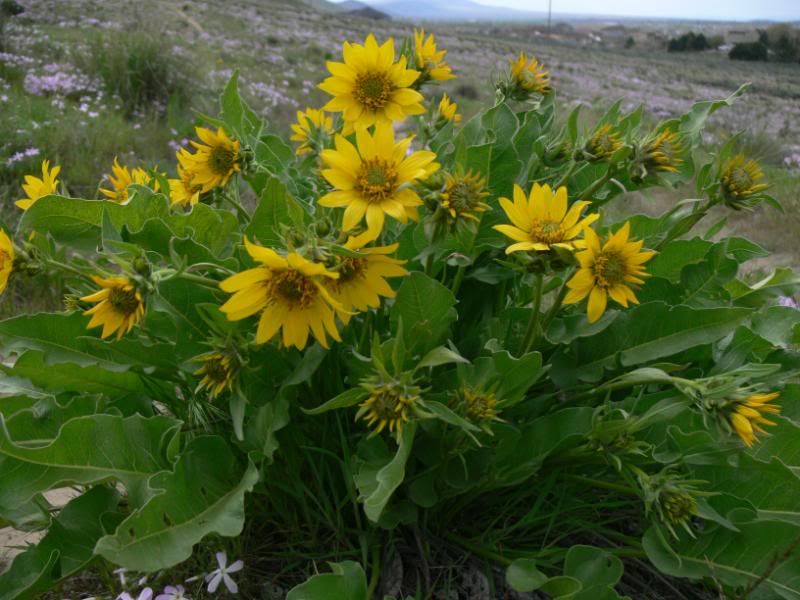
Up in the boulders on the mountain, I found a little colony of this Lithophragma.
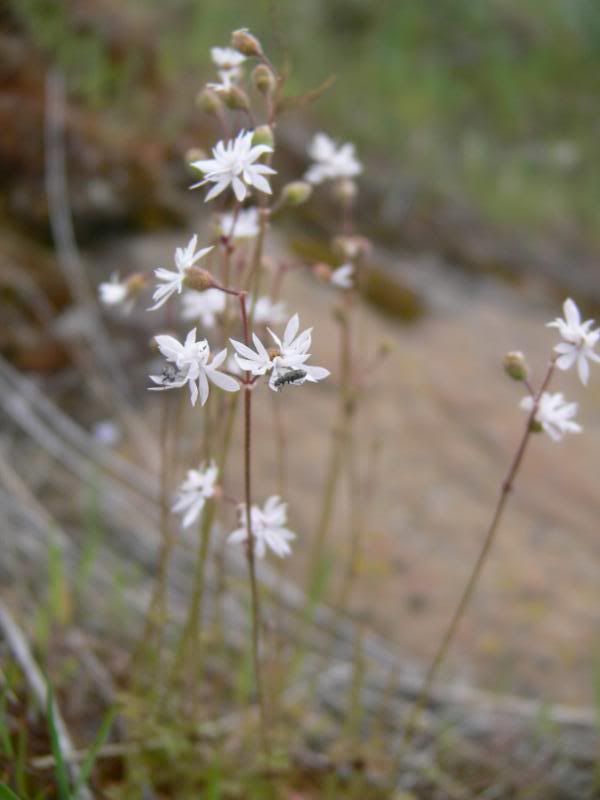
Near the next boulder, I found this little Mertensia longifolia, Sagebrush Bluebell (desert-dwelling relative of the much more famous Virginia Bluebell).
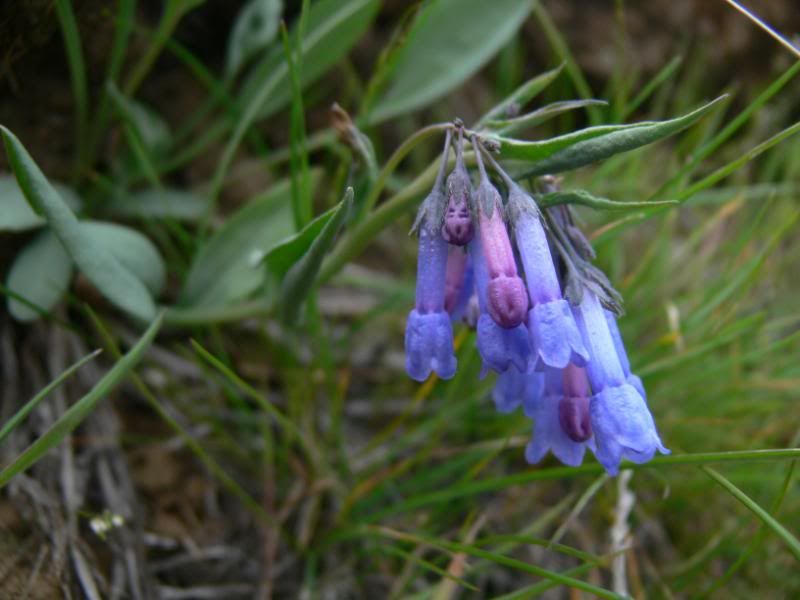
Lithospermum ruderale. One of the very few Stone-nut species native to the west.
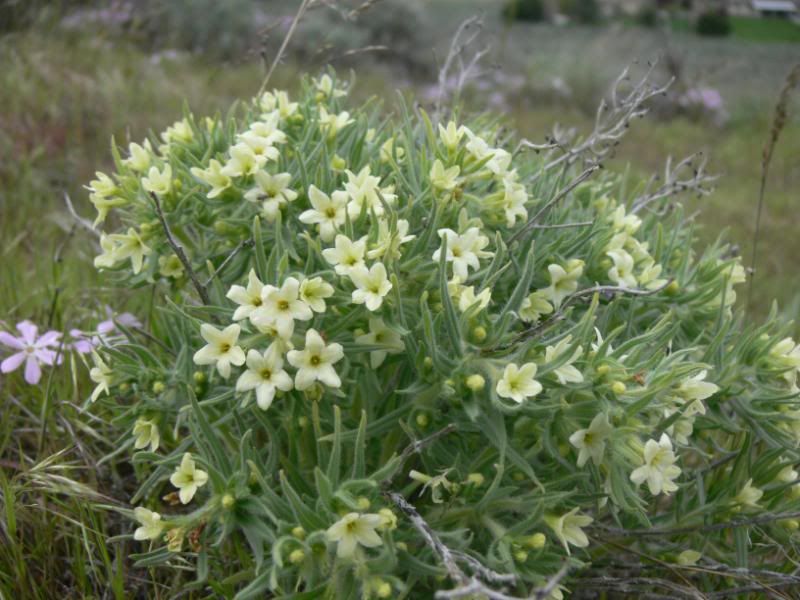
But, of course, the real reason you go to the desert is for the Phlox. I think it's all Phlox longifolia, but I could be mistaken. It was remarkably spectacular with all the pink and white. The Western Meadow Lark was singing amongst the phlox, (with a much better song than the Eastern Lark)
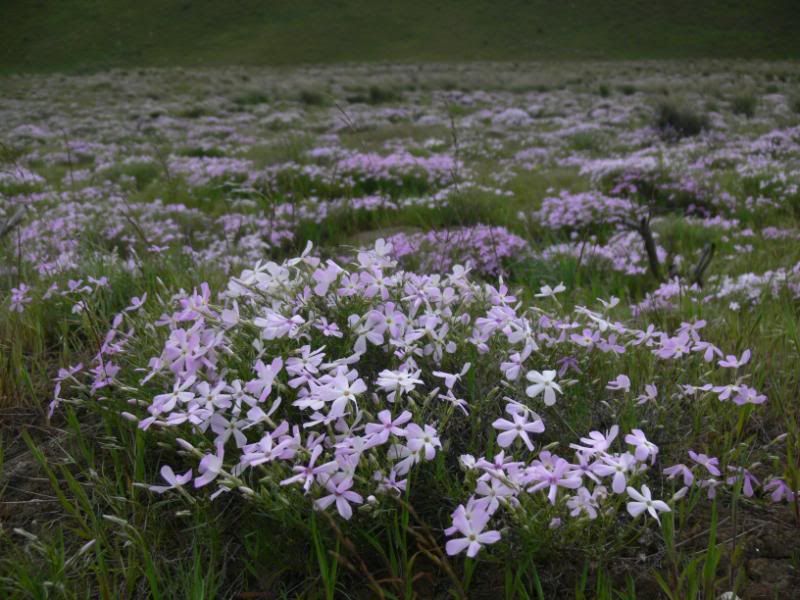
A particularly nice patch going right up to the mountain. The only reason it's so visible is because the Sagebrush was burned (this patch by a lightning strike). It takes many years for the Sagebrush to come back.
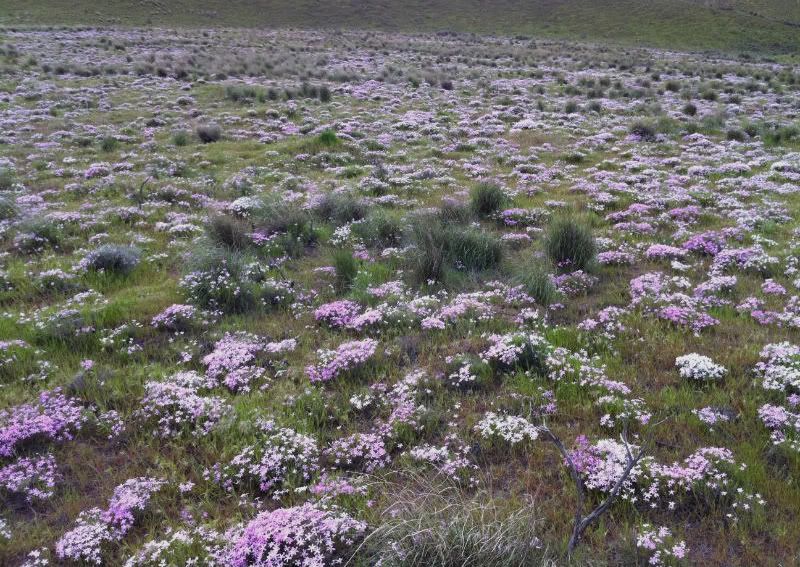

No comments:
Post a Comment